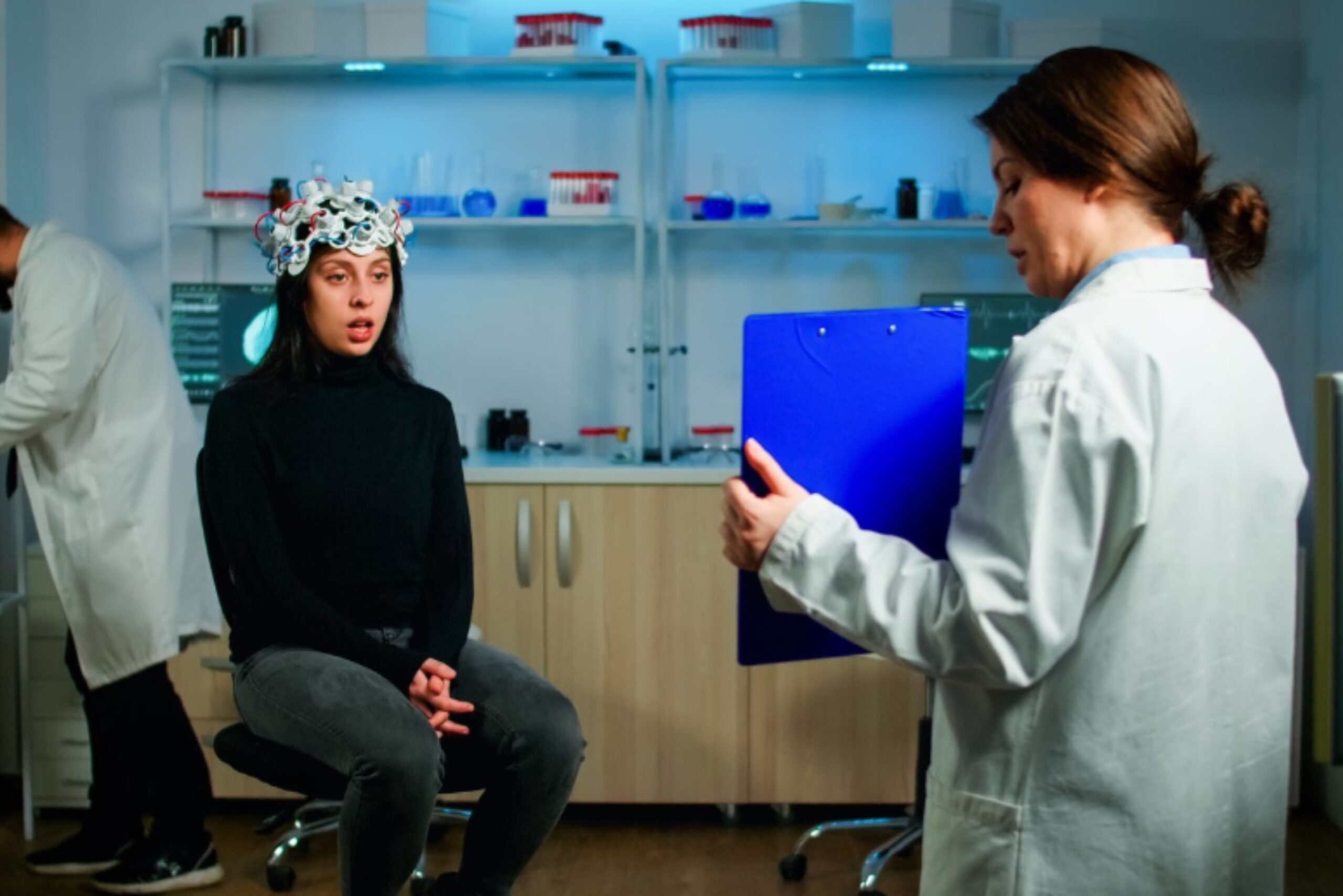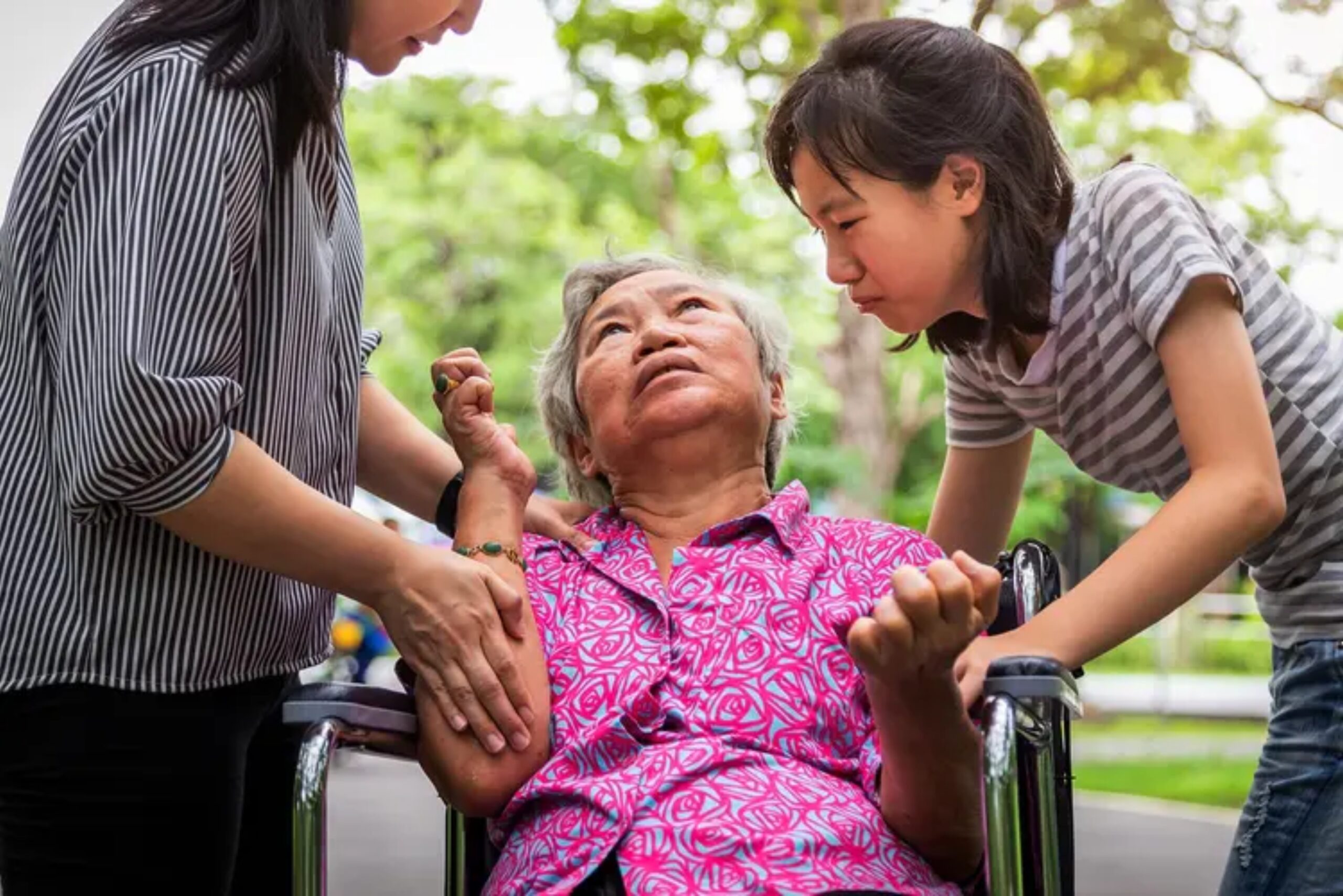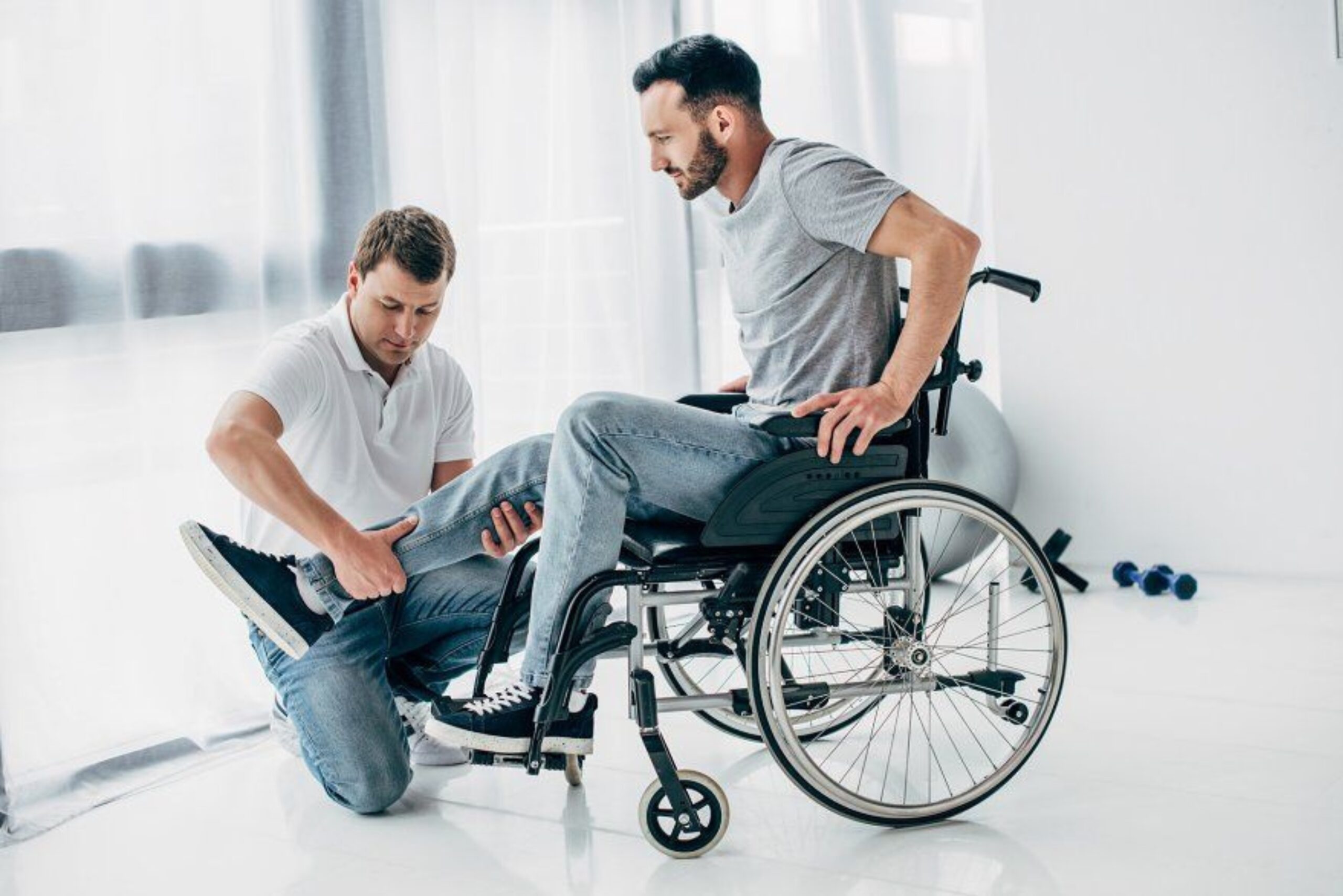- 24/7 Available
- Contact: +91 92466 55454






Technology & Equipment: EEG machines, MRI & CT scanners, neurophysiology testing equipment, and advanced monitoring systems.
Procedure: Medical management of seizures, stroke care, nerve conduction studies, and chronic neurological condition management.
Facilities: Neurology clinics, stroke units, diagnostic labs, and rehabilitation centers.
Symptoms: Seizures, paralysis, speech or vision impairment, headaches, and memory loss.

Technology & Equipment: EEG monitoring systems, MRI scanners, and advanced neuroimaging tools.
Procedure: Seizure monitoring, medication therapy, lifestyle management, and patient counseling.
Facilities: Neurology clinics with EEG labs, inpatient observation units, and emergency care facilities.
Symptoms: Convulsions, sudden loss of consciousness, confusion, and abnormal sensory experiences.

Technology & Equipment: Electromyography (EMG), nerve conduction studies, imaging systems, and physiotherapy devices.
Procedure: Medication therapy, nerve stimulation, physiotherapy, and rehabilitation programs.
Facilities: Neurology rehab centers, inpatient observation, and outpatient therapy units.
Symptoms: Loss of muscle function, weakness, immobility in limbs, and impaired coordination.

Technology & Equipment: CT & MRI scanners, thrombolysis systems, cardiac monitors, and neuroimaging tools.
Procedure: Emergency thrombolysis, clot retrieval, post-stroke rehabilitation, and secondary prevention therapies.
Facilities: Dedicated stroke care wards, ICU monitoring, and physiotherapy rehabilitation centers.
Symptoms: Sudden weakness or numbness, difficulty speaking, vision problems, loss of balance, and facial drooping.
1. Online booking: Many hospitals and medical providers have online booking systems that allow you to schedule an appointment from the comfort of your own home. You can usually access these systems through the provider's website or through a patient portal.
2. Phone booking: You can also book an appointment by calling the hospital or medical provider's office directly. They will be able to provide you with available appointment times and help you schedule a time that works for you.
3. Walk-in appointments is also available for the patients for checkup or Emergency cases
Yes, anesthetics are commonly used during surgical procedures in Our Vijetha hospitals to help reduce or eliminate pain and discomfort. The type of anesthetic used will depend on the nature of the surgery and the patient's medical history.
Neurologists are medical doctors who specialize in the diagnosis, treatment, and management of disorders and diseases that affect the brain, spinal cord, and nervous system. Some of the specialties of neurology include: